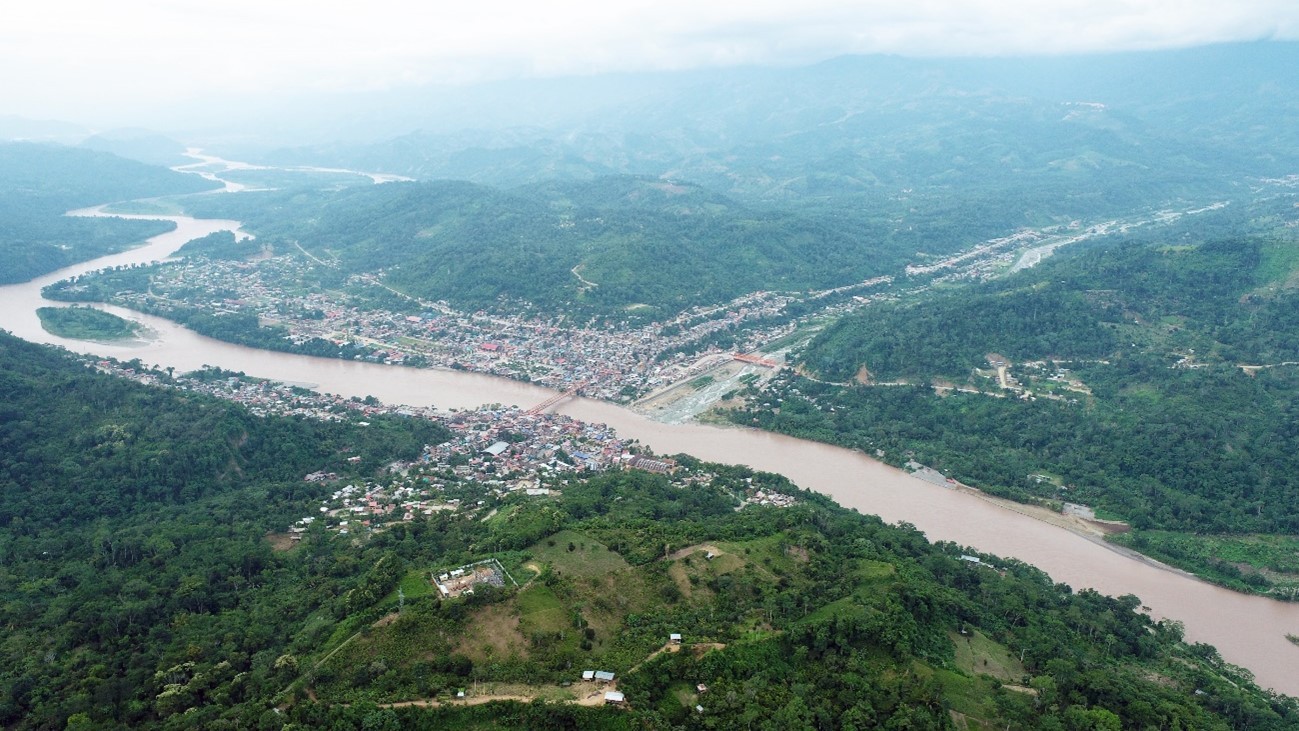Agroecological Practices as Design Intelligence
Toward Co-Designed Urban Futures in the Peruvian Amazon
In the face of global social-ecological crisis, there is an urgent need to rethink urban design through other systems of knowledge and life. This proposal offers an initial inquiry into how agroecological productive practices—such as the cultivation, transformation, and circulation of cacao—can be recognized not as peripheral to Peruvian Amazonian urban territories, but as central structures to envision more inclusive, resilient, and regenerative urban futures.
The city of Kimbiri, located in the southern Peruvian Amazon, provides a compelling context for this reflection. In recent years, urban growth has unfolded in tension with processes of land speculation, ecological fragmentation, and informal expansion. At the same time, the region is home to deeply rooted agricultural practices—particularly those related to cacao and coffee—that structure everyday life and shape cultural and economic identity. These practices remain largely invisible to formal urban planning frameworks, which often reproduce top-down, technocratic models disconnected from lived territorial realities. Yet, these agroecological practices hold significant potential to reveal forms of design intelligence in the way space, resources, and ecologies are managed, adapted, and sustained by local communities.
This research project, still at an exploratory stage, aims to identify how urban planning and design can be enriched through an agroecological reading of the territory. It seeks to recognize productive landscapes not merely as background rural activity, but as spatial, ecological, and social infrastructure—capable of informing a more contextually embedded urbanism. By focusing on the lived experience and ecological rhythms of the territory, the project challenges the binary between the urban and the rural, proposing instead a continuum of practices, actors, and relationships that shape Peruvian Amazonian cities.
Through participatory and co-design methodologies, this project investigates how agroecological knowledge and more-than-human systems—rivers, soils, vegetation—can be repositioned at the center of design processes. In doing so, it aims to contribute to a planning paradigm that is not only technically informed, but ecologically attuned, socially embedded, and territorially grounded. Mid-sized cities like Kimbiri offer a powerful lens to prototype these transitions, where planning and agroecology can meet in the co-creation of alternative urban futures.
Paola Peláez Rodríguez is a Peruvian architect and urban planner-designer. She holds a Master’s in Human Settlements from KU Leuven (Cum Laude, VLIR-UOS Scholar) and a Bachelor’s in Architecture from Pontificia Universidad Católica del Perú. Over the past years, she has contributed to 18 urban consultancies in Peru, focusing on context-sensitive, inclusive planning. She coordinated the Kimbiri Plan 2030 in the Peruvian Amazon, which was recognized by UN-Habitat and the 2023 City Awards. In parallel, she has supported urbanism studios as a teaching assistant, guiding students in using design as a tool for urban transformation. Her current research interests focus on the intersections of urbanism, agroecology, and co-design in vulnerable and rapidly transforming territories.
← go back to
the programme
photography →
© Municipality of Kimbiri, Peru, 2021
